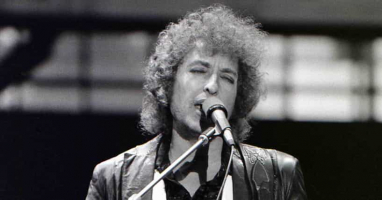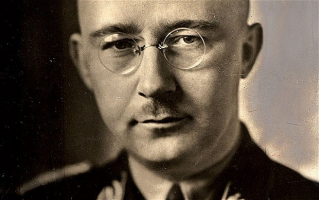Top 8 Interesting Facts about Bob Marley
Bob Marley, the son of Cedella Booker and Norval Marley, was born in Nine Mile in 1945. He relocated to Kingston when he was just a teenager. After getting ... read more...married, he traveled to the United States and settled in Delaware. After experimenting with many record companies, Bob Marley finally found fame and recognition when he signed with Island Records. He has now blended ska with other musical styles to become one of the most significant figures in reggae. He gained notoriety for his distinctive live performances and his songs' lyrics, which were replete with deep references to the origins of Rastafarianism and the history and culture of Africans.
-
His father's name was Norval Marley, as we already mentioned. Captain Norval Sinclair Marley, a white British Army soldier in his early 60s, was his father. Bob lived in poverty for the majority of his early years and never saw his father. With the exception of a brief period spent in Kingston, he spent the first twelve years of his childhood in the island's rural interior.
He was Jamaican even if his family was English. When Cedella Booker was 18, he married her. The following year, Bob was born. Since his father spent the majority of his time abroad, he never really got to know him. However, Norval consistently transferred money to Cedella. Norval provided financial support for his wife and child but seldom saw them as he was often away. Bob Marley attended Stepney Primary and Junior High School which serves the catchment area of Saint Ann. In 1955, when Bob Marley was 10 years old, his father died of a heart attack at the age of 70. Marley's mother went on later to marry Edward Booker, a civil servant from the United States, giving Marley two half-brothers: Richard and Anthony.
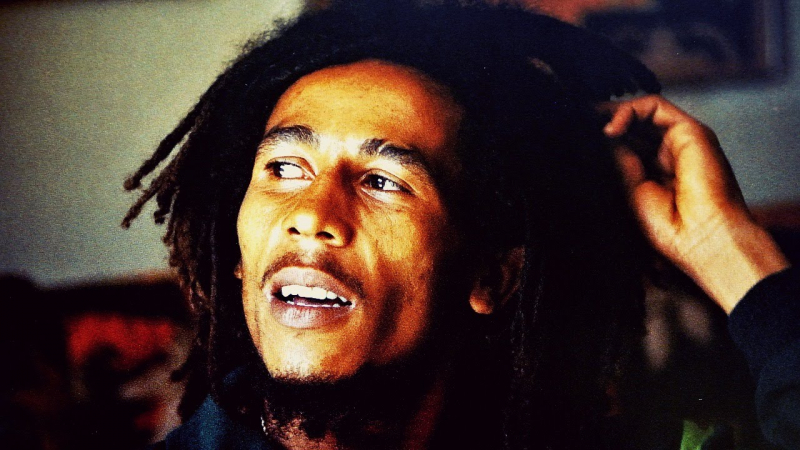
Source: YouTube>Bob Marley Fan 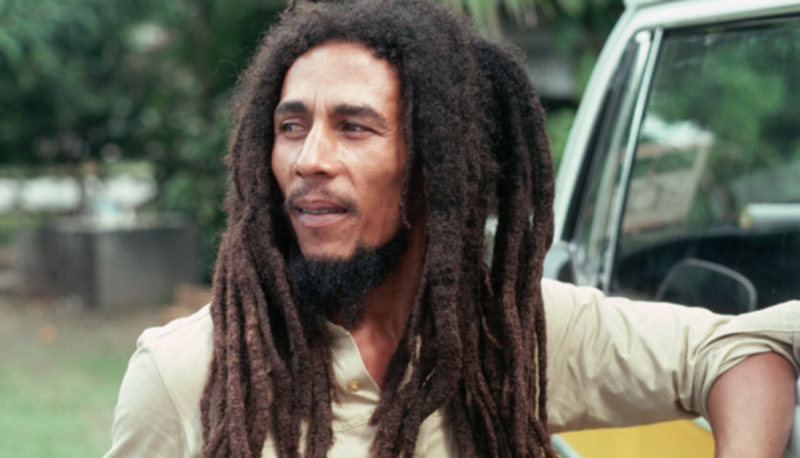
Source: BIO -
Robert Nesta Marley was Bob's birth name. Other accounts, however, assert that Nesta Robert Marley was his real name rather than Robert Marley. They allegedly changed Bob's name when he was a boy because it was brought up that "Nesta" was a girl's name. Nesta Robert Marley, the person who later became known as Bob Marley, was born in Jamaica's St. Ann Parish in 1945.
Due to the toughness he displayed while growing up in Kingston's Trench Town, Marley also acquired the moniker "Tuff Gong" when he was a teenager later called his record label Tuff Gong, which is now part of Island Records. On the 6th of February 1945, Bob Marley initially opened his eyes. His true name/birth name was Robert Nesta Marley, while other sources state that his birth name was Nesta Robert Marley, based on a myth that a Jamaican passport official reversed Marley’s first and middle names when he was still a boy.
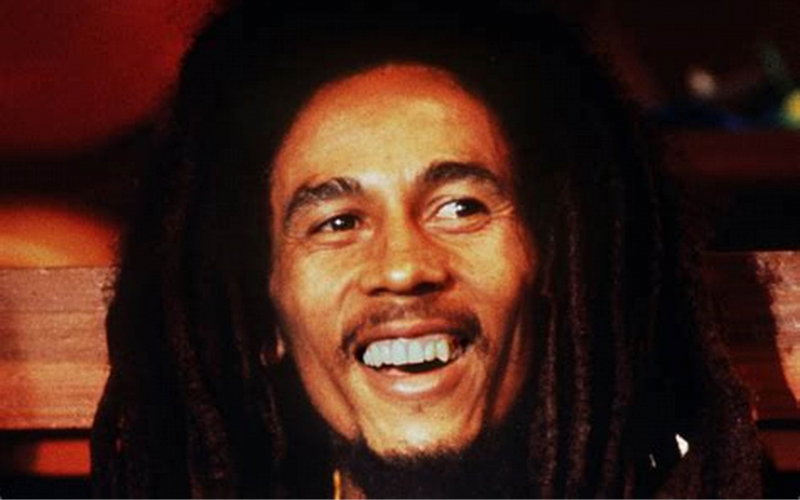
Source: tatyanazen.com 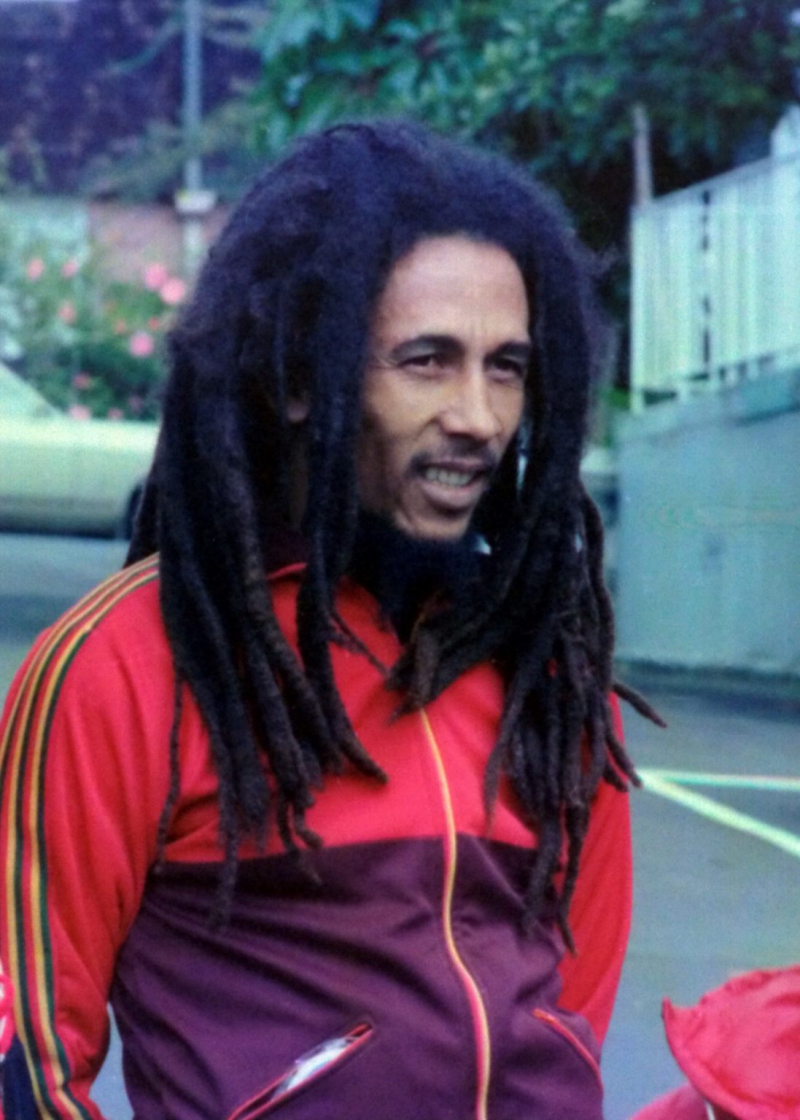
Source: exceptionalcaribbean.com -
Even though Marley didn't boast of his English ancestry, he was teased at school and in his community. His father was a white British naval commander named Norval Sinclair Marley, who was in his 60s at the time; the dreadlocked man in his native country referred to him as "White Boy." Cedella had nine more years on him. Bob was bullied despite having mixed skin tones and being known as "White Boy" by his neighbors due to his complexion.
Carrying the blood of his white father, Bob was stigmatized and discriminated from a young age, when he went to school he was estranged, despised and avoided by his friends. The teachers at school have always tried to help him integrate and not be hated. He realizes that and is always brave to face them, he neither hates his father nor does he hate the blood flowing in him.
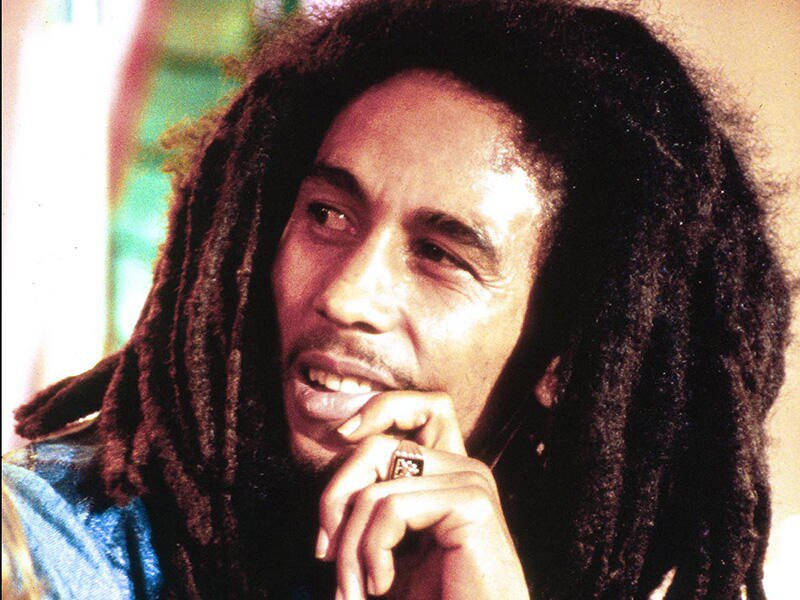
Source: cleveland.com 
Source: cleveland.com -
Born in Nine Mile, Jamaica, Marley began his professional musical career in 1963, after forming the Teenagers with Peter Tosh and Bunny Wailer, which after several name changes would become the Wailers. The group released its debut studio album The Wailing Wailers in 1965, which contained the single "One Love", a reworking of "People Get Ready"; the song was popular worldwide, and established the group as a rising figure in reggae. The Wailers released a further eleven studio albums, and after signing to Island Records the band's name became Bob Marley and the Wailers.
The Wailers did well in Jamaica during the mid-1960s with their ska records, even during Marley’s sojourn to Delaware in 1966 to visit his relocated mother and find temporary work. Reggae material created in 1969–71 with producer Lee Perry increased the contemporary stature of the Wailers; and, once they signed in 1972 with the (by that time) international label Island and released Catch a Fire (the first reggae album conceived as more than a mere singles compilation), their uniquely rock-contoured reggae gained a global audience. It also earned the charismatic Marley superstar status, which gradually led to the dissolution of the original triumvirate about early 1974. Although Peter Tosh would enjoy a distinguished solo career before his murder in 1987, many of his best solo albums (such as Equal Rights [1977]) were underappreciated, as was Bunny Wailer’s excellent solo album Blackheart Man (1976).
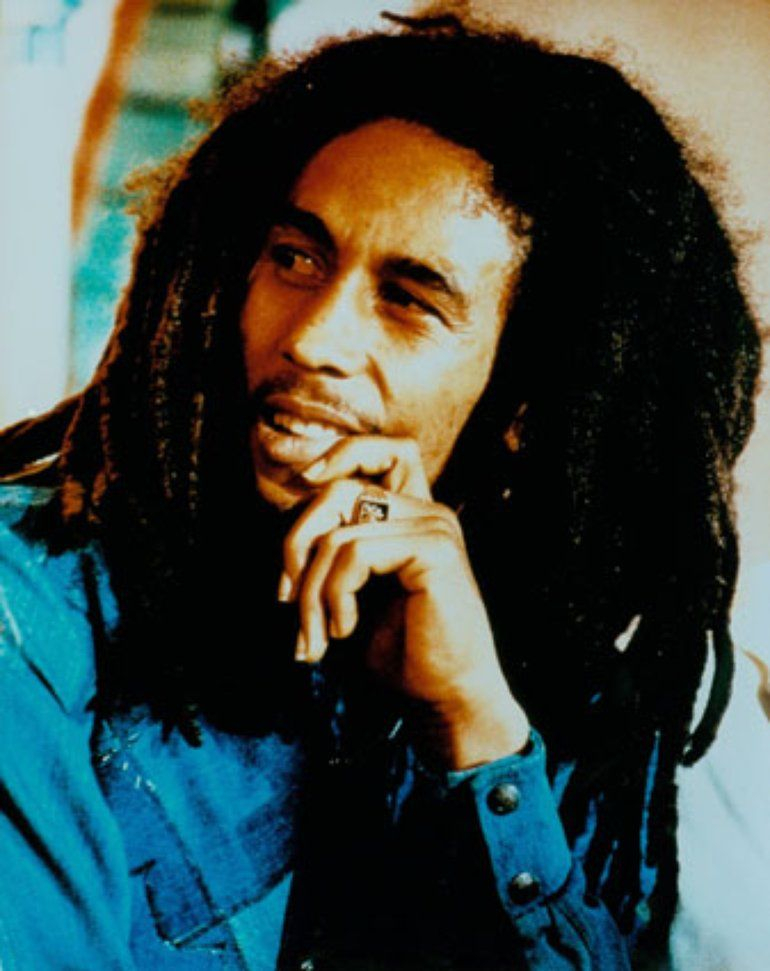
Source: Pinterest 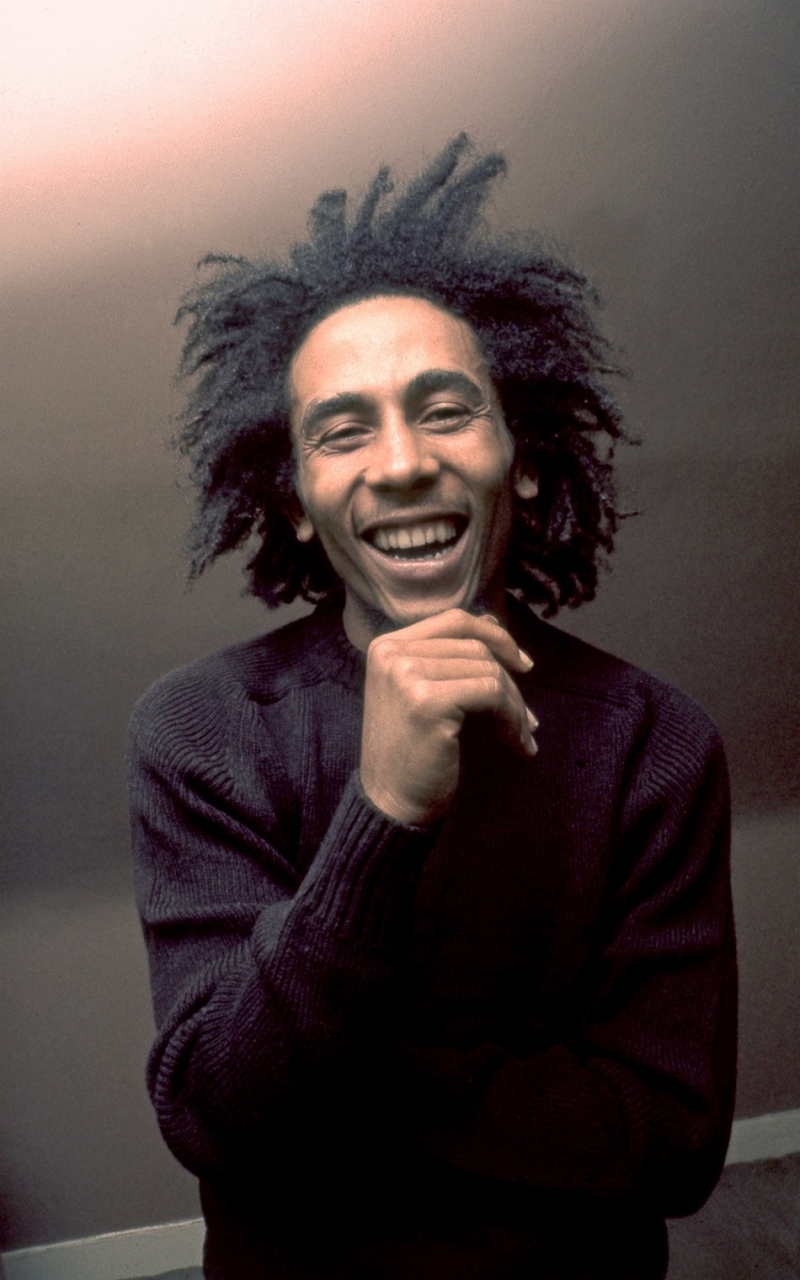
Source: PR Newswire -
Bob Marley met Alpharita Constantia Anderson, or Rita, in Kingston in the mid 1960s. She was a singer, and he was a songwriter, singer, and musician. They fell in love and married on February 10, 1966, according to Jamaicans. Rita was only 19 but already had a daughter from a previous relationship, which Bob adopted. Together Bob and Rita had three more children as his musical career continued to flourish, with Rita remaining a backup singer in her husband's bands.
According to The Voice, Rita spoke in a 2012 documentary, "Marley," about Bob's life and early death at 36 from cancer in 1981. "When we first met, it was in poverty and pain. There was no showmanship behind it or any superstardom. It was just two ghetto people falling in love naturally, out of God's grace," she said. "And we knew what true love felt like throughout the good and bad we shared."
As time went on in the relationship, Rita evolved into new roles she felt Bob needed in his life. "So I reached a point where I became like his sister, his mother and his guardian angel. I felt I had a responsibility to him. That this was why God put us together," she said in "Marley," per The Voice.
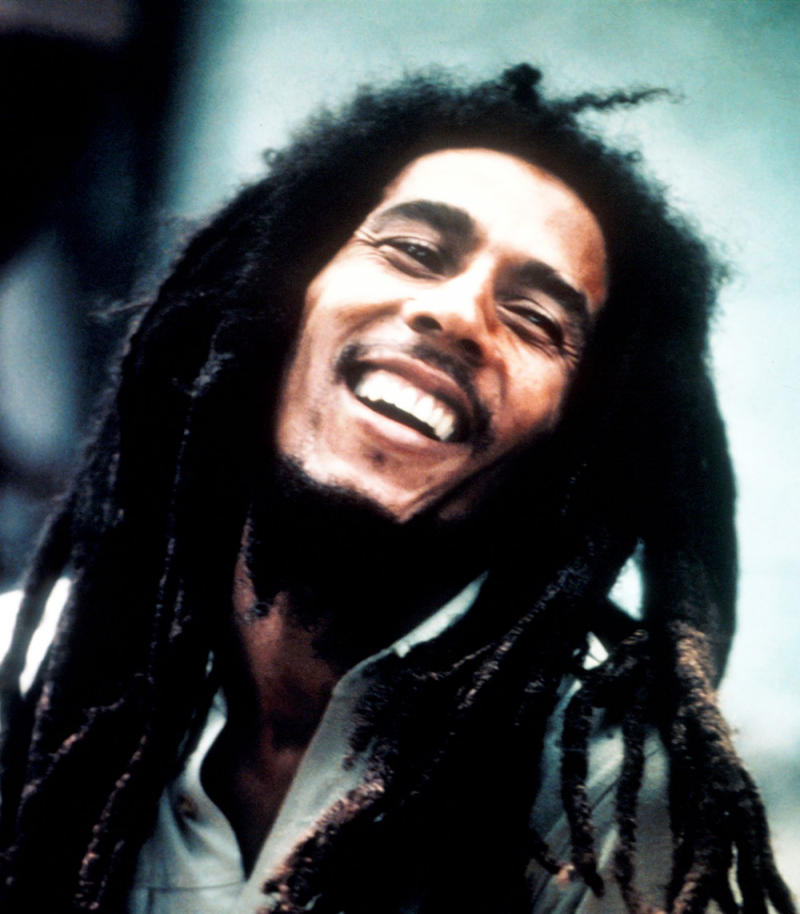
Source: New York Daily News 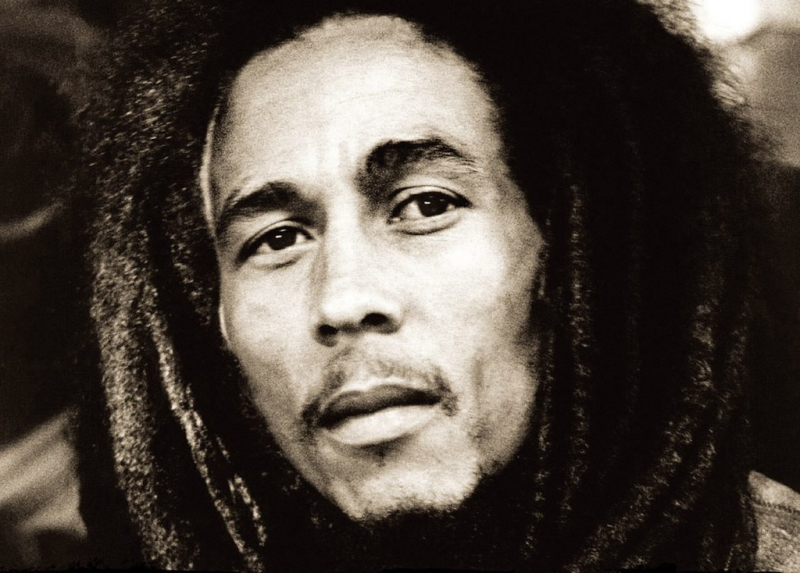
Source: flickr.com -
There was a great deal of political unrest in Jamaica in 1976. With guns and bloodshed, there was a struggle that mostly occurred on the streets. Marley was scheduled to perform at an event intended to promote peace in Jamaica. Some individuals believed he was endorsing a certain political party, though. Because of this, some unknown males went to his home a few days prior to the concert and opened fire inside.
He and his wife were hurt, but they made a full recovery. Bob performed nonetheless. On December 3, 1976, in Kingston, Jamaica, seven armed men broke into the home of reggae musician Bob Marley two days before he was scheduled to perform in an effort to put an end to recent violence. Political figures from all parties planned to take advantage of Marley's backing. Although Marley maintained his neutral stance, many believed that he was secretly supporting Michael Manley's democratic socialist People's National Party. Despite being shot, Marley and the other three people all lived.
Two days before the Smile Jamaica Concert, on December 3, 1976, at 8:30 p.m., seven armed men broke into Bob Marley's home at 56 Hope Road. Marley was taking a break from rehearsal with his band. Rita, the wife of Marley, was shot in the head while driving in the driveway. Marley was struck in the arm and chest by the gunman. Don Taylor, his manager, was shot in the torso and legs. Louis Griffiths, a band member, also received a torso wound. None of the participants died.
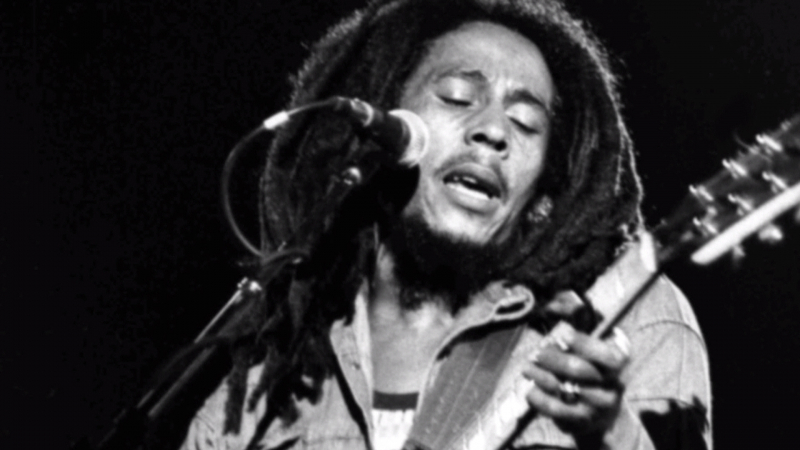
Source: today.com 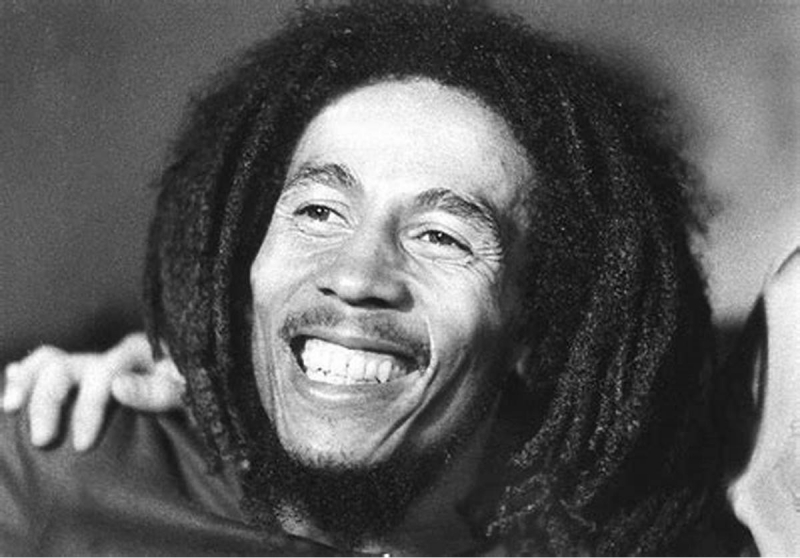
Source: New York Daily News -
Marley received a malignant melanoma diagnosis under a toenail in July 1977. Contrary to popular belief, this lesion was not primarily brought on by an injury sustained during a football game that year but rather was a sign of an earlier cancer. Before a biopsy was performed, which proved acral lentiginous melanoma, he had to see two doctors. Contrary to other melanomas, which typically develop on sun-exposed skin, acral lentiginous melanoma develops in areas that are simple to overlook, including the soles of the feet or under toenails. Despite being the most prevalent melanoma in individuals with dark skin, it is not well-known and was not covered in the most frequently used medical textbook at the time.
Marley, citing his religious convictions, refused his physicians' advice to amputate his toe, which would have hampered his performing career. Instead, the nail and nail bed were removed, and a skin graft was taken from his thigh to cover the region. He was planning a 1980 global tour while still performing and touring despite being unwell. Malignant melanoma was found in Marley. His doctor advised amputating his toe because it was under a toenail. Marley declined nevertheless due to his religious convictions. Only his nail and nail bed were taken out. He didn't get treatment for his cancer, thus it spread and he passed away four years later.
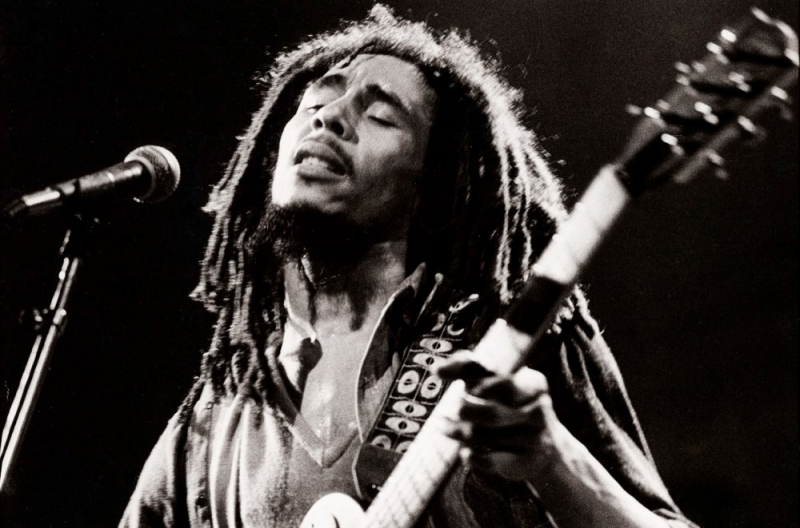
Source: hiphopmagz.com 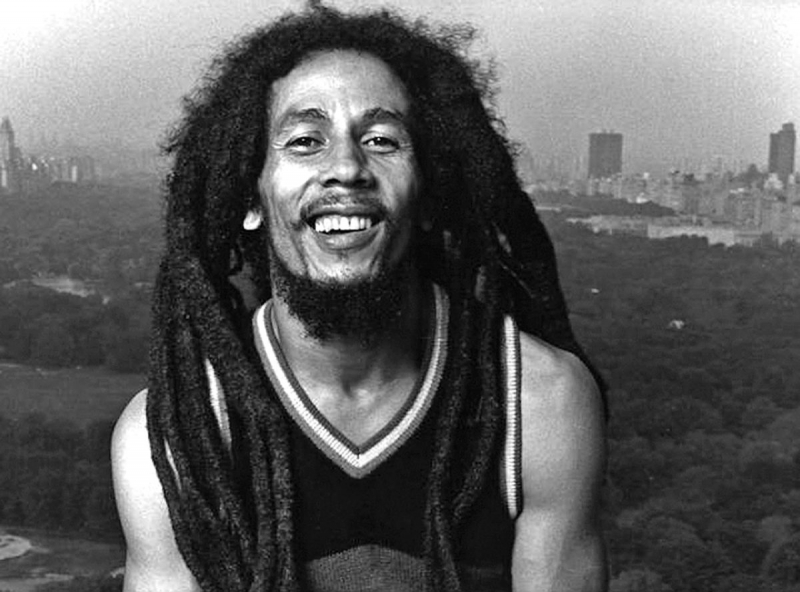
Source: blackthen.com -
Bob Marley ranked seventh among deceased celebrities in terms of earnings in 2018. Unquestionably, Bob Marley left a remarkable legacy, and his family took care to ensure that his music would continue to be heard all over the world. Naturally, his albums kept selling as well. Along with famous people like Michael Jackson, Elvis Presley, and John Lennon, Marley is listed. Bob Marley was a singer, composer, and musician who performed reggae music. Bob left behind an inheritance that was worth $11.5 million when he passed away in 1981. In terms of today's prices adjusted for inflation, that is equivalent to $32 million.
Reggae pioneer Bob Marley is regarded as a symbol of the Rastafari movement. One of the best-selling musicians of all time, Bob Marley's albums have sold more than 75 million copies worldwide. In 1981, he died from acral lentiginous melanoma. Marley's music and image rights brought in hundreds of millions of dollars for his heirs in the decades after his passing. According to reports, annual revenue from licensing fees, both legal and illegal, exceeds $500 million. The estate only gains from transactions that are approved (legal). Today, the estate provides the family with $25–$30 million in royalties each year. Bob Marley would be personally worth well over $200 million if he were still alive today.
Unfortunately, Bob passed away without leaving a will, allegedly because his Rastafarian religion forbade him from accepting his own mortality by drafting something resembling a will. According to Jamaican law, a person's widow receives 10% of their inheritance right away when they pass away "intestate," or without a will. The widow can eventually amass a total of 55 percent of the estate, or an extra 45 percent share. The remaining money is split equally among the live children. And after Rita passes away, his living children receive full control of the estate.
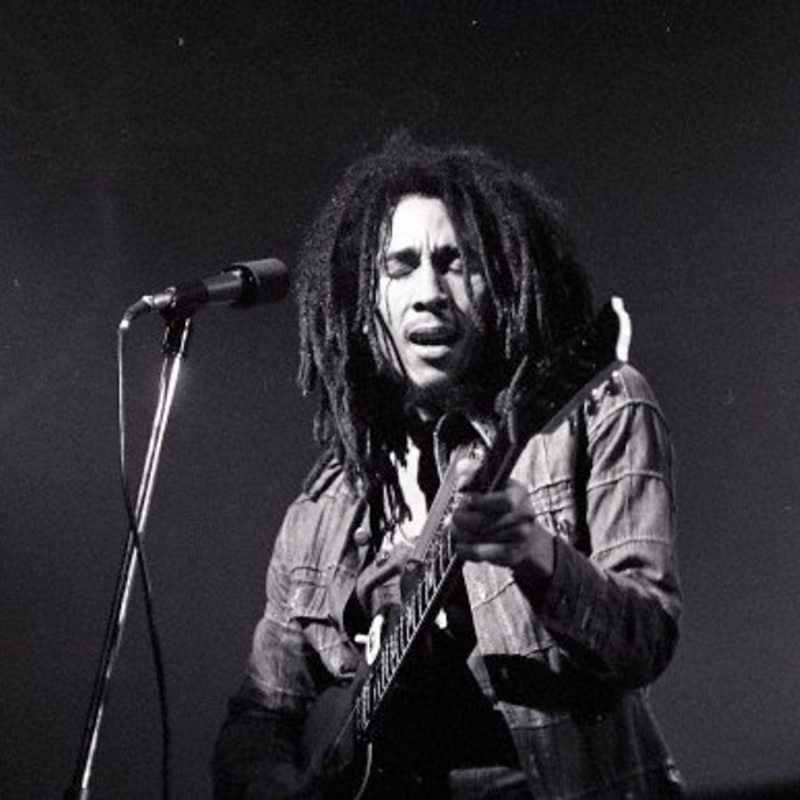
Source: Mixcloud 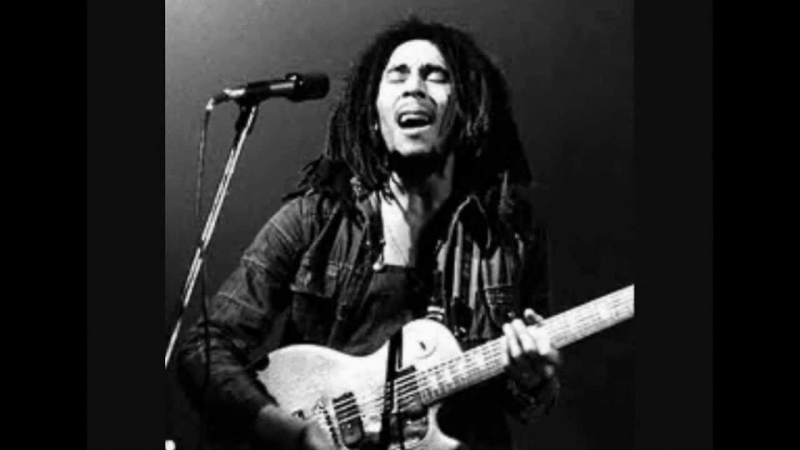
Source:YouTube>Me66825










